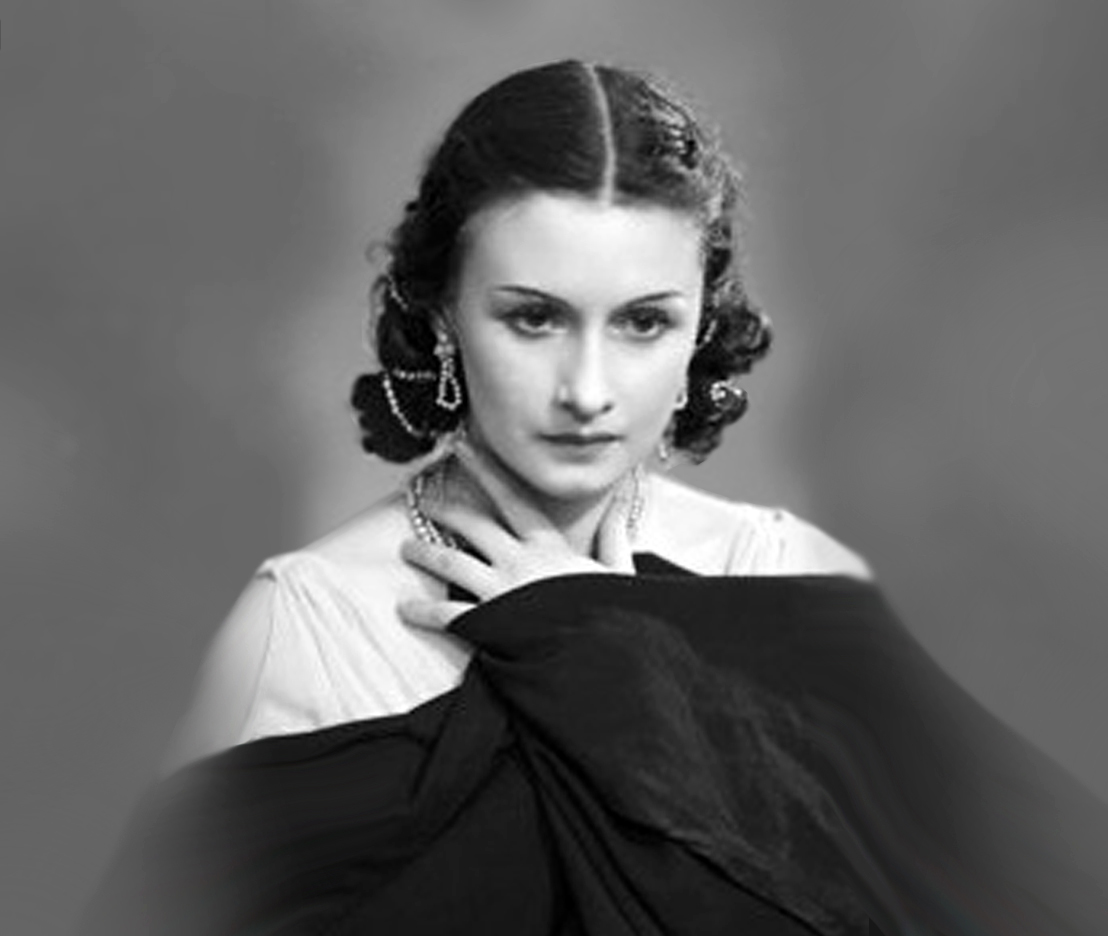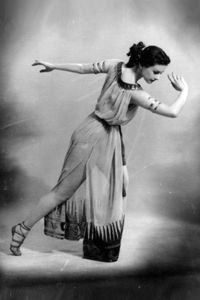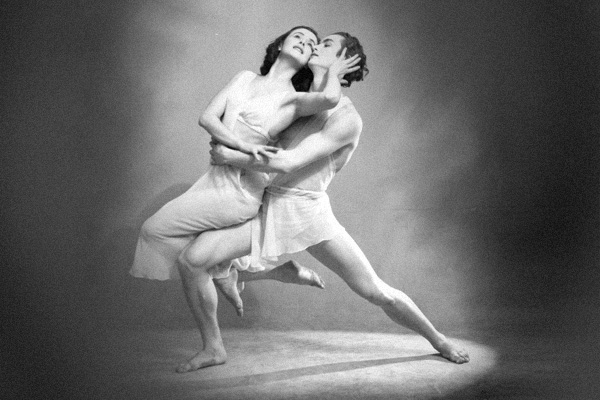Ninel Petrova’s Eternal Spring
Our evening of ballet at the Hermitage Theatre on 15 March will be dedicated to Ninel Petrova. The legendary ballerina will be turning 100 years old.
Throughout the history of ballet art in Leningrad, Ninel Petrova’s name has been associated with feminine grace, tenderness, and a subtly refined aesthetic. She performed at the Kirov Ballet for a quarter of a century, from 1944 to 1969. Her stage career, which has been described as “complicated but happy”, reveals how much a dancer can achieve while being typecast as a lyrical heroine, and how multifaceted and profound the motif of love can become in ballet. Some have compared Ninel Petrova’s facial features to those of the Madonnas from the canvasses of the Renaissance masters. Her on-stage presence would often be called exquisite, yet she also radiated a simple, natural sweetness. Not many can achieve this balance, and when they do, it usually reflects their maturity as a person.
Ninel realised that she wanted to be a ballerina back when she was a tiny child of 4. As graduation project, her class at the Leningrad State Choreographic Institute put on a one-act ballet with a score by Tchaikovsky and choreography by Leonid Yacobson; Ninel played Juliet. The production’s expressive range went far beyond the classical canon. Yet the young ballerina remained undaunted by the choreographer’s body language concepts — the first inklings of the creative innovations to come. She remained highly attuned to the intricacies of dance over the course of her entire career, and this always helped her succeed as a performer, whether she was playing the classical repertoire or the roles created by contemporary choreographers. Her most personally cherished characters are Giselle, Maria from The Fountain of Bakhchisaray, Juliet from Sergey Prokofiev’s and Leonid Lavrovsky’s Romeo and Juliet, Desdemona from Vakhtang Chabukiani’s Othello, and Nina from The Masquerade, a ballet adaptation of Mikhail Lermontov’s eponymous poem by choreographer Boris Fenster.
Her collaboration with Leonid Yacobson, which first began during her Institute studies, continued with the renowned production of Spartacus at the Kirov Theatre. Ninel Petrova played Phrygia, Spartacus’ devoted lover and a proud, resilient woman that was not broken even by the humiliation of slavery. This is rightly considered one of the most flawless roles ever performed by Ninel. Her duo with Askold Makarov — her real-life husband — as Spartacus was, in a way, a continuation of their journey together as a couple.
The paths of Ninel Petrova and Leonid Yacobson continued to cross in other choreographic creations. For example, her performance as Zoya in The Bedbug was perhaps her only departure from the usual lyricism in favour of the grotesque. And her interpretation of the Eternal Spring miniature left contemporary audiences utterly awestruck. “Translucent purity”, “the radiance of a soul touched by happiness”, gushed the reviews of the time. And then: “If the work of an artist can be summarised with a short phrase, then for Ninel Petrova it would be ‘eternal spring’ or ‘eternal spiritual youth’.”
This passage was written over half a century ago. And it is immeasurably gratifying that, as we recollect these words, the ballerina that once inspired them is still with us.
Pictured, left to right:
- Ninel Petrova as Juliet (Romeo and Juliet, 1950, choreography by Leonid Yacobson)
- Ninel Petrova as Phrygia (Spartacus, choreography by Leonid Yacobson)
- Ninel Petrova and Sergey Vikulov in Eternal Spring (choreography by Leonid Yacobson)















